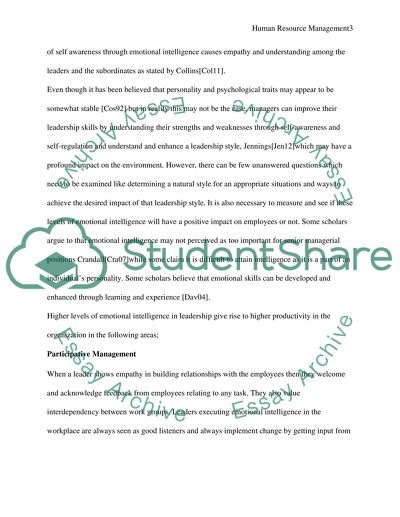Cite this document
(“Emotionally intelligent leaders and their impact on followers' Essay - 1”, n.d.)
Emotionally intelligent leaders and their impact on followers' Essay - 1. Retrieved from https://studentshare.org/human-resources/1498890-emotionally-intelligent-leaders-and-their-impact
Emotionally intelligent leaders and their impact on followers' Essay - 1. Retrieved from https://studentshare.org/human-resources/1498890-emotionally-intelligent-leaders-and-their-impact
(Emotionally Intelligent Leaders and Their Impact on followers' Essay - 1)
Emotionally Intelligent Leaders and Their Impact on followers' Essay - 1. https://studentshare.org/human-resources/1498890-emotionally-intelligent-leaders-and-their-impact.
Emotionally Intelligent Leaders and Their Impact on followers' Essay - 1. https://studentshare.org/human-resources/1498890-emotionally-intelligent-leaders-and-their-impact.
“Emotionally Intelligent Leaders and Their Impact on followers' Essay - 1”, n.d. https://studentshare.org/human-resources/1498890-emotionally-intelligent-leaders-and-their-impact.


